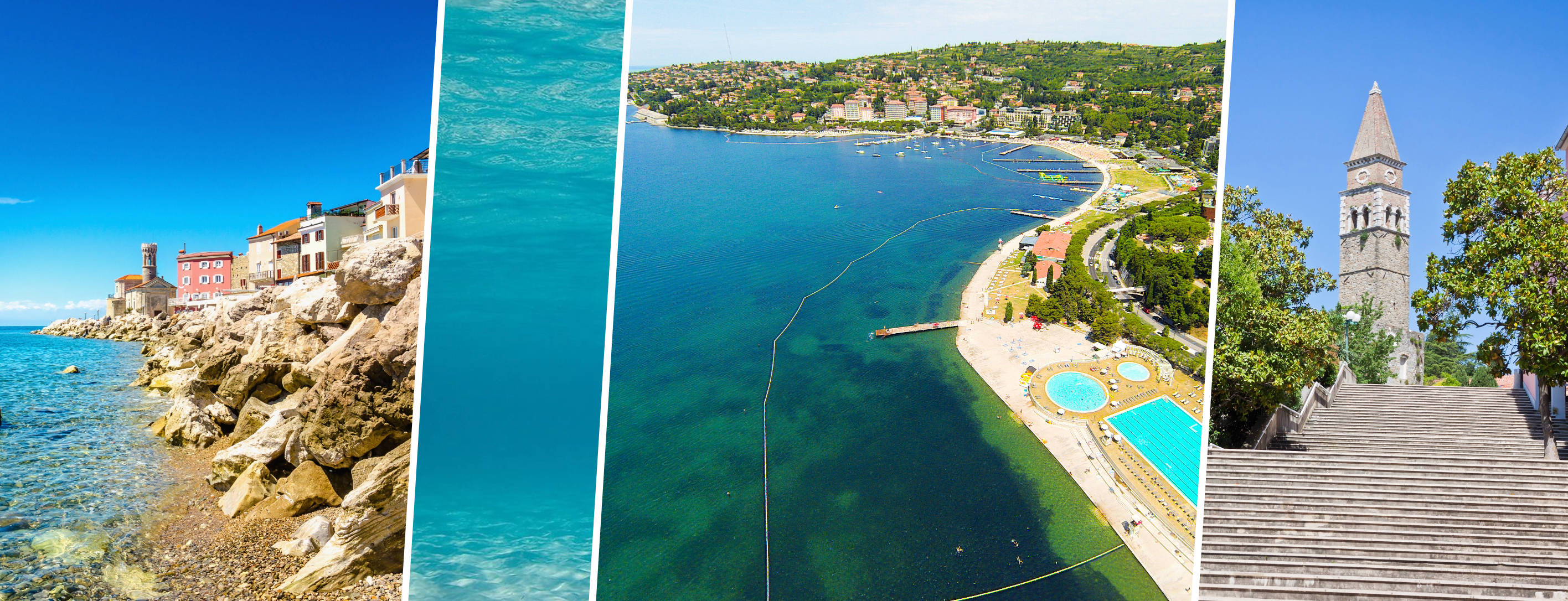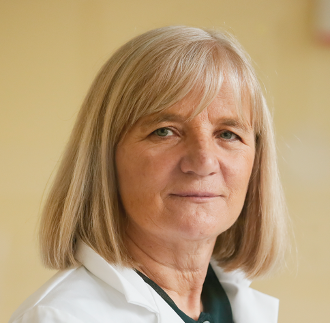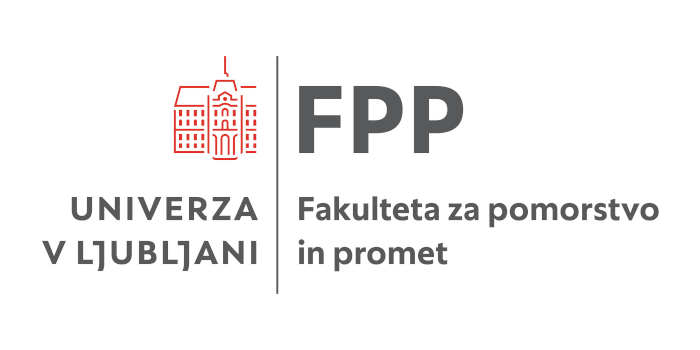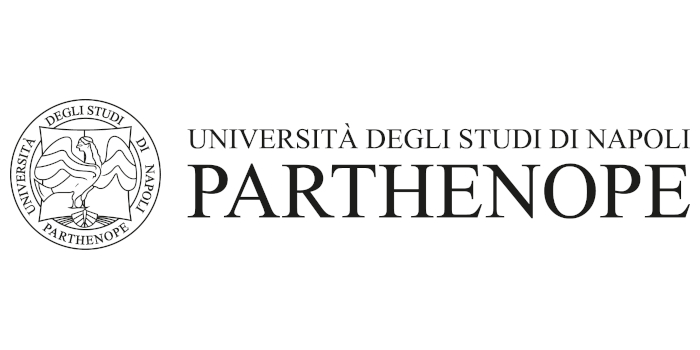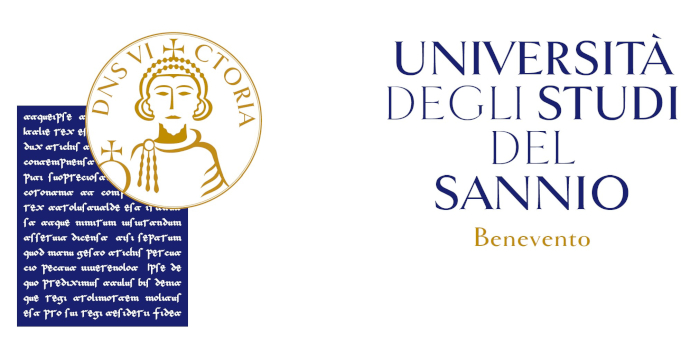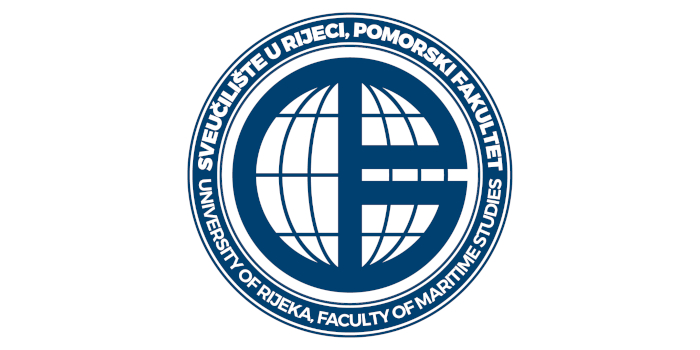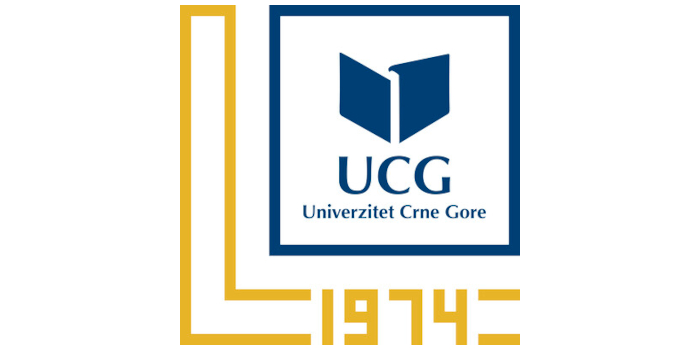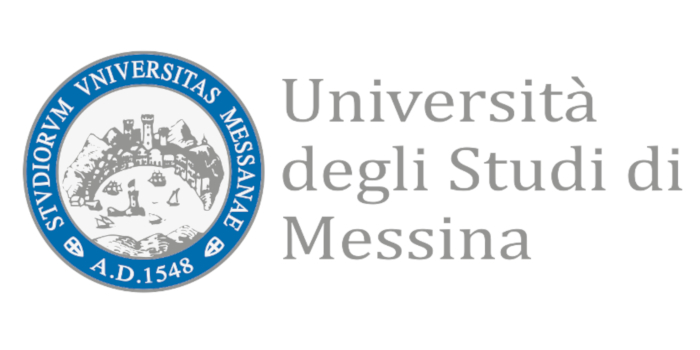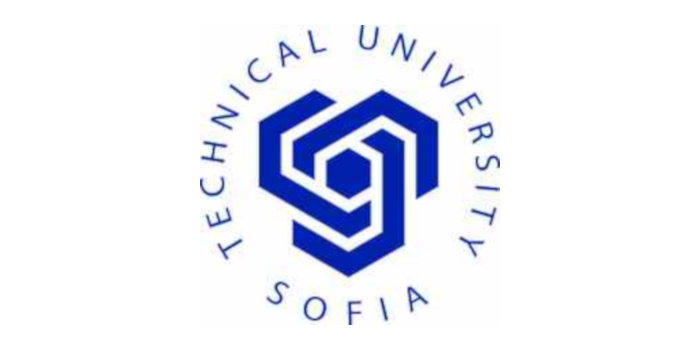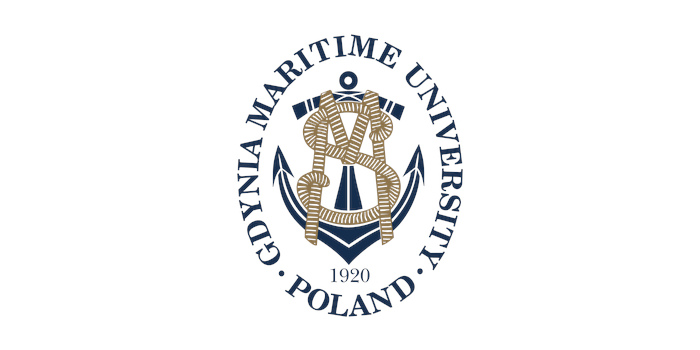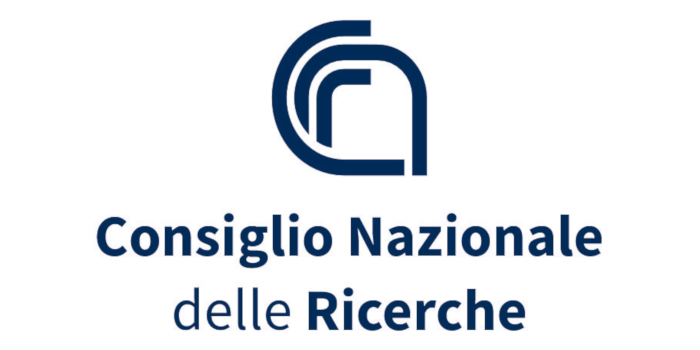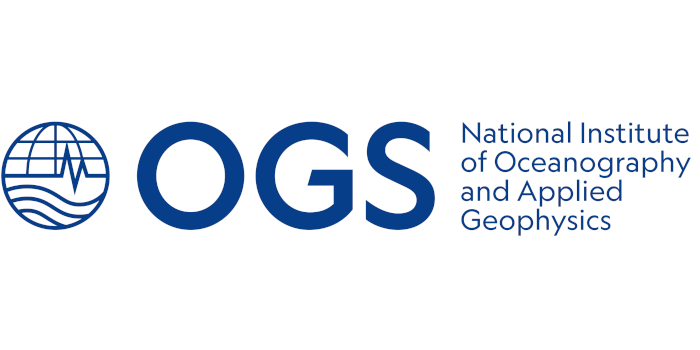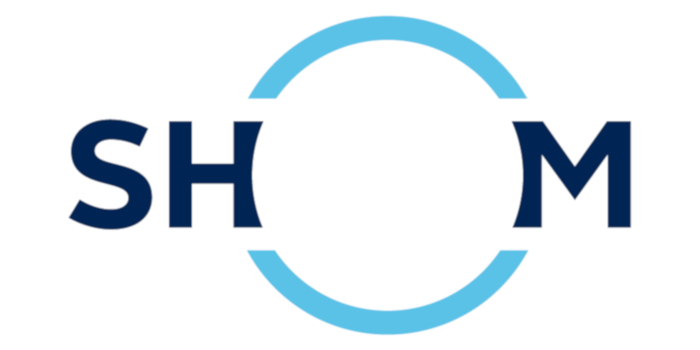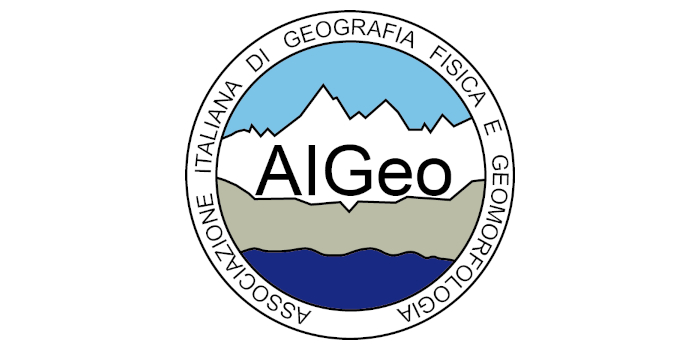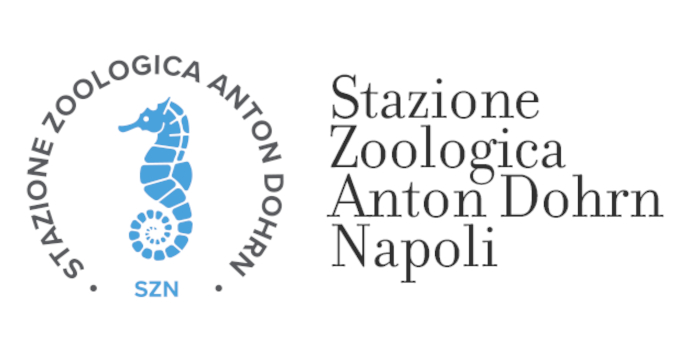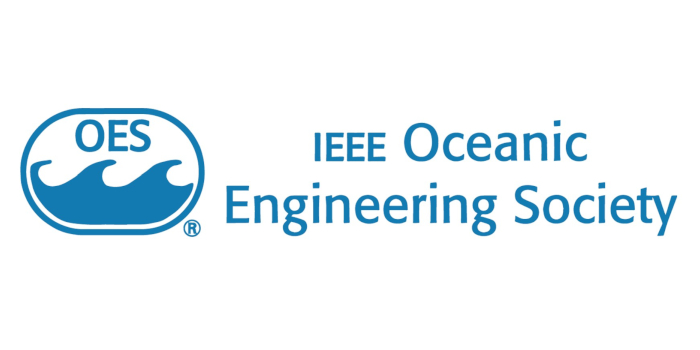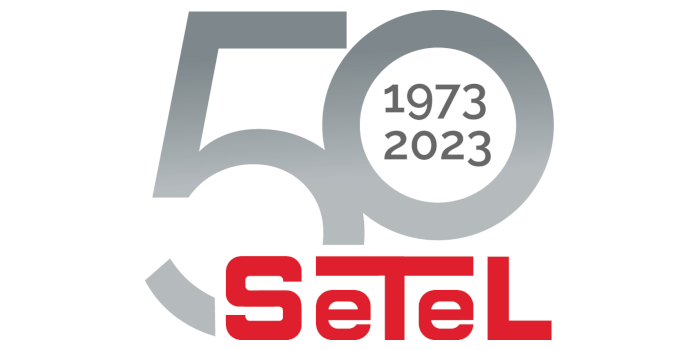Metrological Challenges of Emerging Contaminants in the Marine Environment
Milena Horvat
Jožef Stefan Institute
Department of Environmental Sciences, Slovenia
ABSTRACT
The metrology of marine pollutants involves the precise measurement and analysis of contaminants in marine environments, essential for understanding the impact of pollution on ocean ecosystems and human health. While traditional pollutants like potentially toxic elements and persistent organic pollutants (POPs) have been extensively monitored, emerging contaminants such as pharmaceuticals, microplastics, and endocrine-disrupting chemicals are now of significant concern. These contaminants pose metrological challenges due to their diverse sources, persistence, and potential for bioaccumulation, as well as their presence at low concentrations. Advances in analytical methods, in particular mass spectrometry, have improved detection and quantification of these trace contaminants. However, accurate assessment also relies on effective sampling methods. Passive sampling techniques, such as diffusive gradients in thin films (DGT) and polar organic chemical integrative samplers (POCIS), are gaining traction for their in situ deployment and time-integrated results.
Despite these advancements, significant challenges remain in calibration, the development of standardized procedures, and the availability of certified reference materials. Establishing a traceability chain and obtaining comparative results across studies are further complicated by the lack of these reference standards. This lack hinders the ability to produce reliable and comparable data, which is critical for assessing pollution levels and impacts accurately. International collaboration and robust regulatory frameworks are crucial to address these issues effectively. Coordinated efforts are needed to develop and validate new methodologies, create comprehensive reference materials, and ensure consistency in monitoring practices globally. This collective approach is vital for protecting marine biodiversity and human health from the threats posed by emerging contaminants.
SPEAKER BIOGRAPHY
Prof. Milena Horvat is the head of the Department of Environmental Sciences www.environment.si (since 1997) at the Jožef Stefan Institute and the dean of the Jožef Stefan International Postgraduate School - www.mps.si (since 2016) in Ljubljana, Slovenia. Her main expertise is in the field of mercury research, which is interdisciplinary and covers the fields of analytical chemistry, human health, polluted areas, the marine environment, and clean technologies and sensor development. She worked as a senior researcher at the Marine Environmental Laboratory of the International Atomic Energy Agency (IAEA) in Monaco for five years, focusing on marine research and capacity building among member states to conduct marine pollution studies. Her efforts significantly contributed to enhancing the capabilities of various countries in monitoring and managing marine pollution. She is the author and co-author of over 300 articles in SCI journals and 24 book chapters. She has organized several international conferences and workshops and has been the guest editor of 16 special issues of journals, including Environmental Health Perspectives, Environmental Research, Analytical and Bioanalytical Chemistry, Marine Chemistry, ...). She received the national Ambassador for Science Award in 2002, the national Zois Award for Research Excellence on 2014, and the international Life of Achievement Award at ICMGP in 2019. She has been a supervisor of 18 Doctoral Dissertations and several master's and diploma theses.

